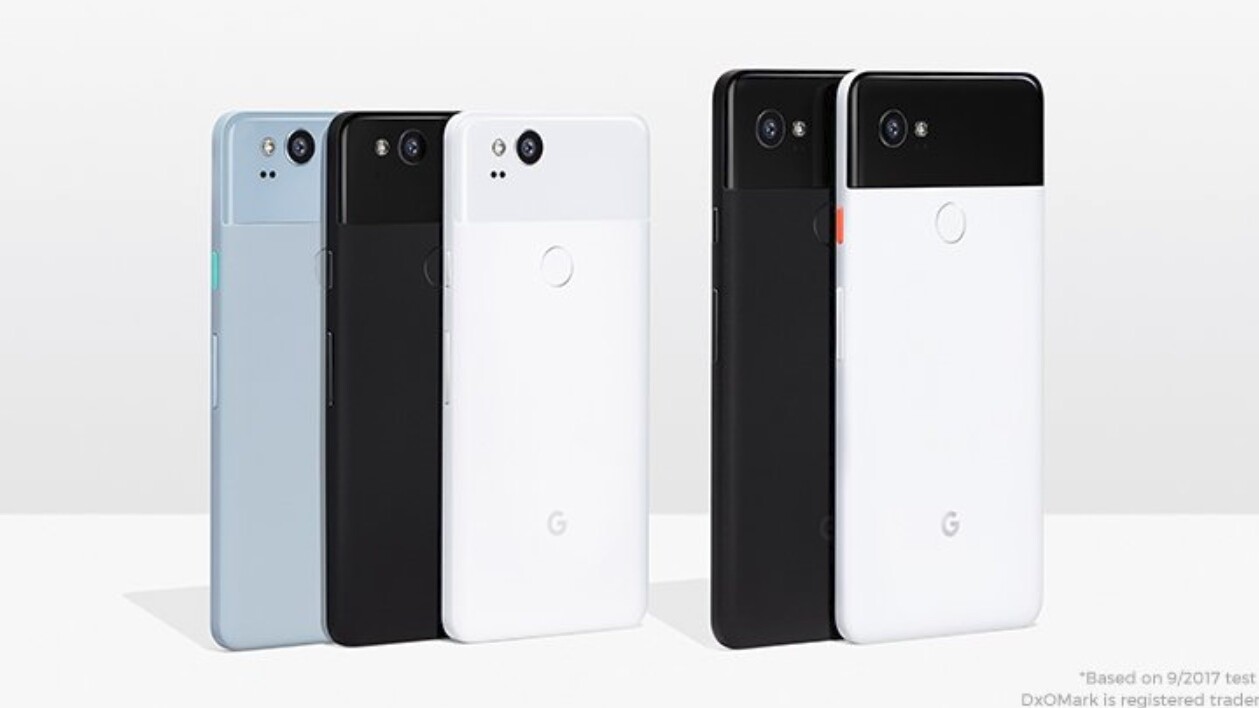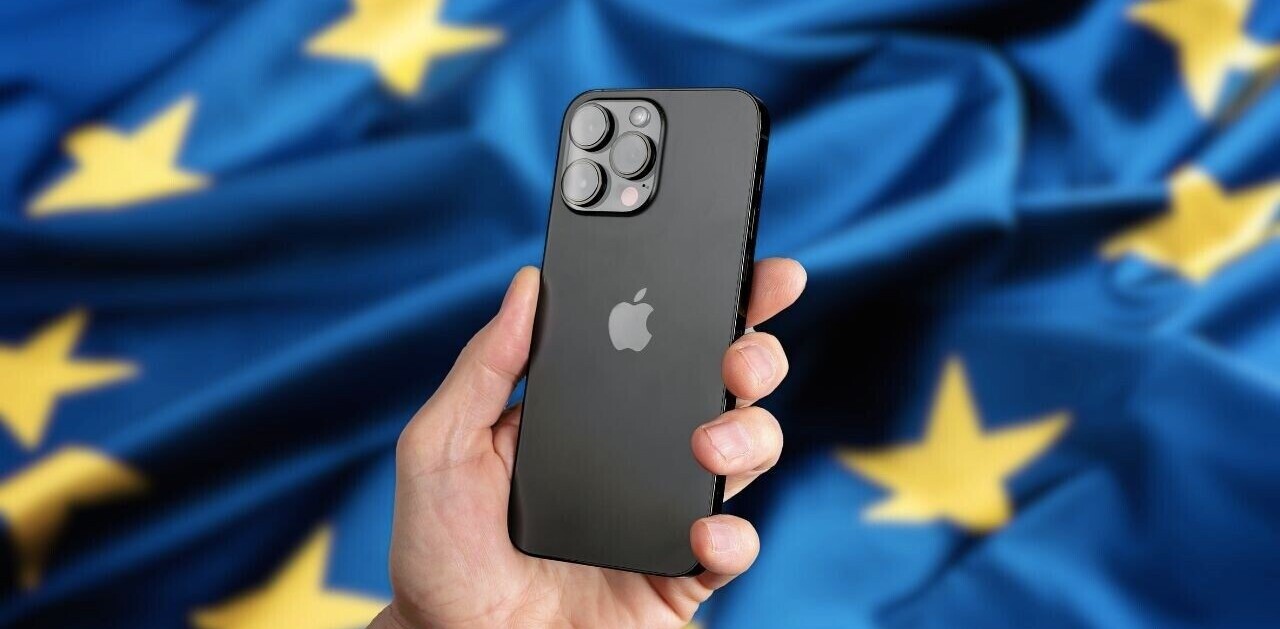
For as long as I can remember, Android flagships have largely been defined by their specs. Whereas Apple users know the newest iPhone is always the best iPhone, Android’s diversity means researching processors, RAM, etc, is a regular part of choosing a new phone. But with the Pixel 2, Google is bent on changing that.
Talk to the average iPhone user – you know, people who don’t read tech blogs – and chances are they know next to nothing about what’s actually in their devices. A11 Bionic, 3 gigs of RAM, Taptic Engines – who cares? Apple’s informal motto is “it just works,” and it follows that users shouldn’t have to worry about the bits and pieces that make it so.
Android, on the other hand, has stereotypically been the, um, nerdier choice. The plethora of hardware options has traditionally attracted users who are willing to pay a bit more attention to a device’s internal hardware to gauge its performance and features. Most users are aware there’s more to a device than its hardware, but it’s still a focal point of the conversation.

If the Pixel 2 launch is any indication, Google wants to change that perception. The company not only glossed over the phone’s basic specs during its announcement – it outright dismissed them. No mention of a Snapdragon 835 or 4 gigs of RAM. The closest was the company lamented how tech reporters have to compare so many devices with identical specs, to which I responded with an exasperated sigh.
Point is Google is avoiding the spec wars, and that’s good for everyone. With each passing generation, diminishing returns on performance improvement dull my interest in the latest and greatest processors. And though better silicon can help improve battery life, on the whole, I find performance specifications are rarely a good indicator of the actual user experience nowadays. Specs matter, but only insofar as they let your phone do cool things.
As someone who’s been using Android devices since the very first one, it’s an important change in mindset. Like I noted in my hands-on, I wasn’t looking forward to the Pixel phones before Google’s event. The barrage of leaked specs looked boring compared to phones like the Galaxy S8, Note 8, or LG V30. It wasn’t until I actually saw how it all came together that I felt the company might deliver a great product.
Of course, it started with the original Pixel, which was lauded for its iPhone-like smoothness at launch. Long-term performance is even more telling; in my experience, the original Pixel still runs smoother than many devices with the much more powerful Snapdragon 835. Meanwhile, innovative image processing meant the camera delivered best-in-class results without particularly remarkable hardware.
The Pixel 2 takes it a step further. Rather than boasting about it being the most powerful phone (which it’s far from), Google pitched the Pixel 2 as the most clever phone.
Running on stock Android implies smooth performance and reliable updates. The new Google Lens means you can find information by simply pointing your camera at things you want to learn more about. Unlimited Google Photos storage means you can stop worrying about running out of space. And once again, the company is using innovative software on the camera, introducing a portrait mode that works on both the front and rear cameras with only a single lens for each.

That’s not to say we should ignore specs, but they should matter for their ability to enable new experiences – things like AR, computational photography, or machine learning. The nerd in me will always enjoy companies trying to one-up eachother’s hardware, but the rest of me is just happy Android is ready to move on.
TNW is hosting a flagship event in New York City in December. It’s going to be ? Click here for more info on the amazing speakers, the venue, and how to request an exclusive invite.
Get the TNW newsletter
Get the most important tech news in your inbox each week.





